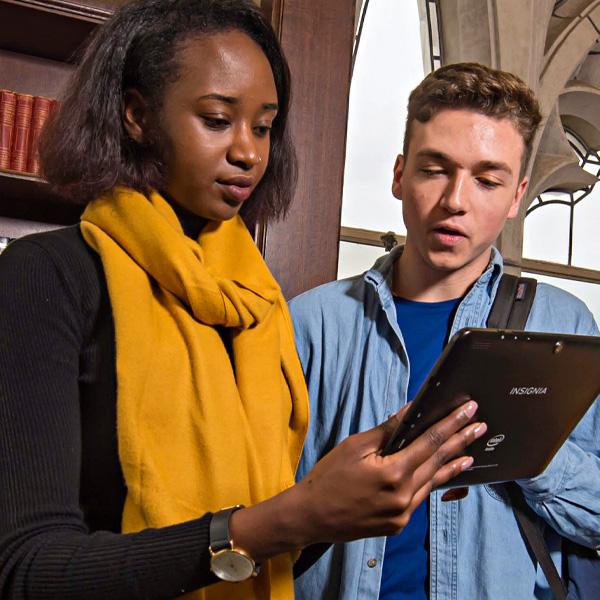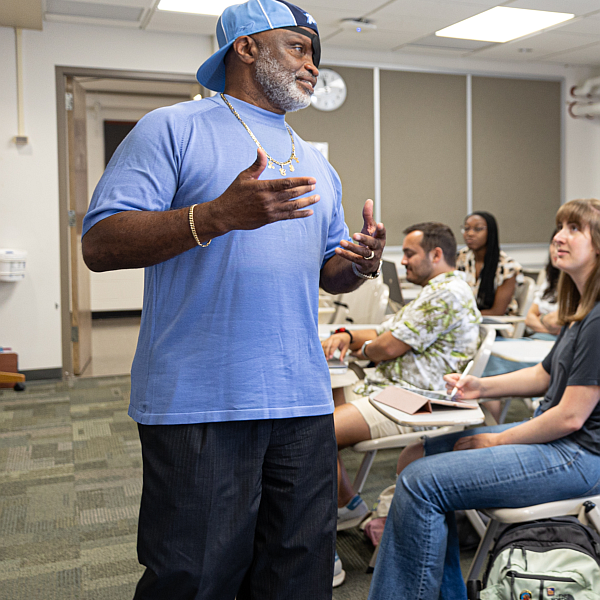
We prepare students to apply theories, concepts, and methods of the various social and behavioral science disciplines to the development, implementation, and evaluation of programs that prevent illness and promote health.
BCHS Newsletter
Get the latest news and accomplishments from BCHS faculty, staff, and students.
Our Mission
We seek to improve and promote health and equity by engaging individuals, communities, and systems through our research, teaching, and practice.


News

Doctoral student selected for AJPH fellowship
BCHS doctoral student Aubree McMahon has been selected to join the American Journal of Public Health (AJPH) Student Think Tank Fellowship for the 2026–2027 cohort. This highly competitive program brings together a small group of graduate students from across the U.S. to serve as an advisory cohort for the journal, contributing to special calls for papers, newsletters and student engagement initiatives.

Dignity is in the details
The most important thing Arabella Johnson brought with her on outreach visits with Street Medicine at Pitt was not a medical kit. It was a willingness to listen to people experiencing homelessness.

What TV gets wrong about CPR (video)
A University of Pittsburgh study looked at 169 episodes of American TV shows, all made after hands-only CPR became the standard. And, well, TV didn't exactly get the memo.


